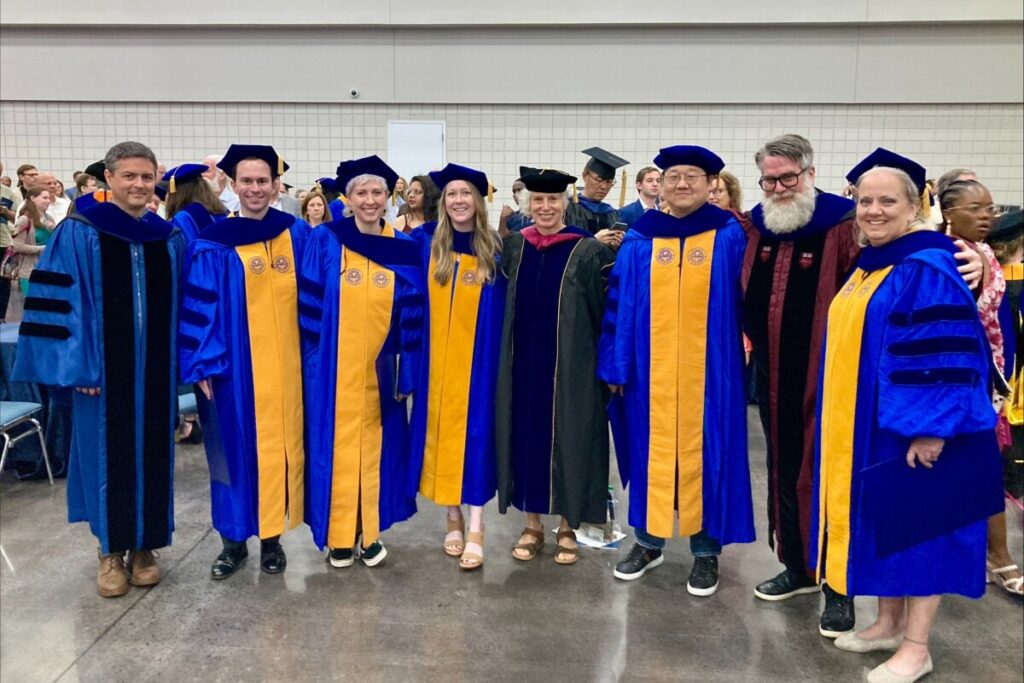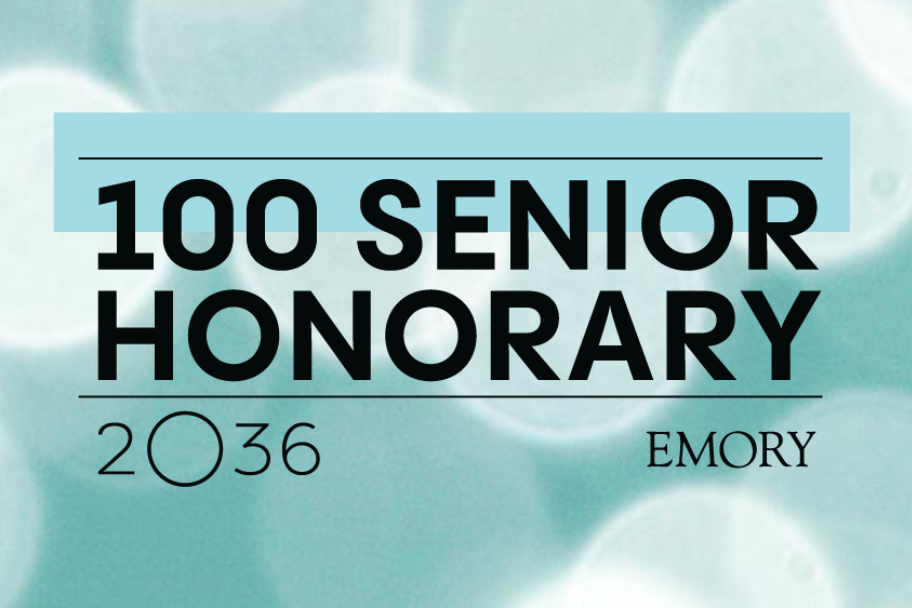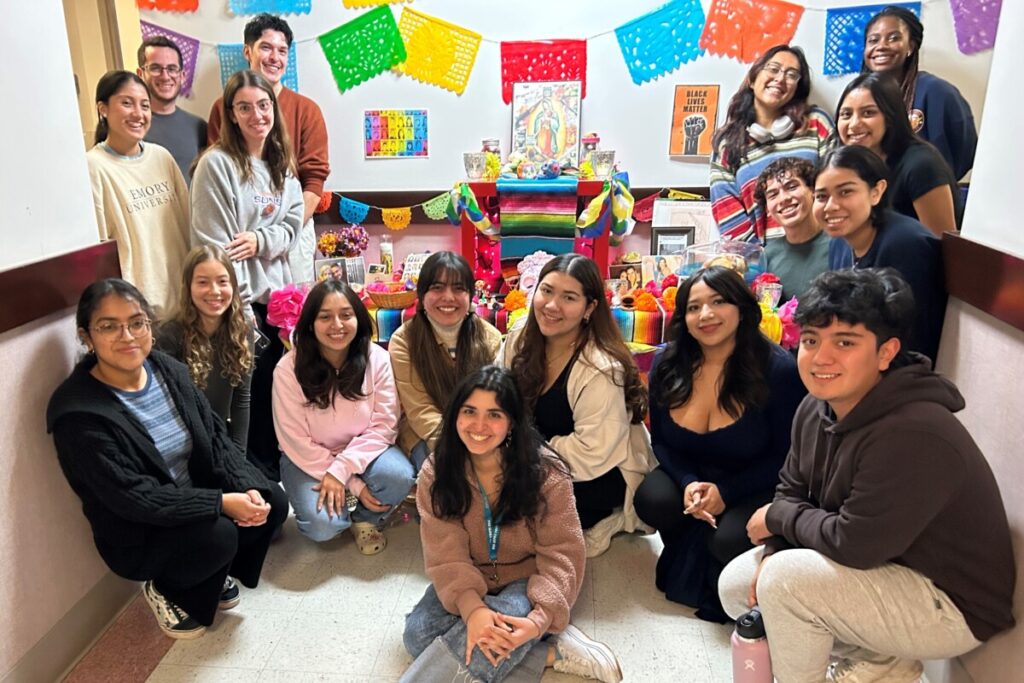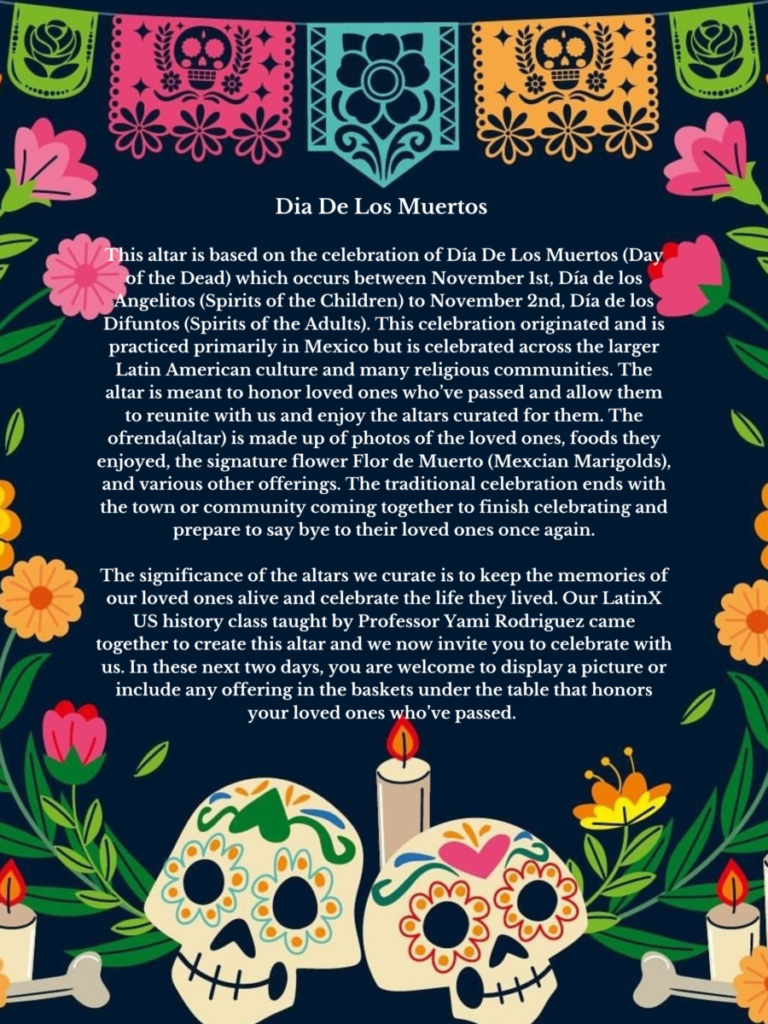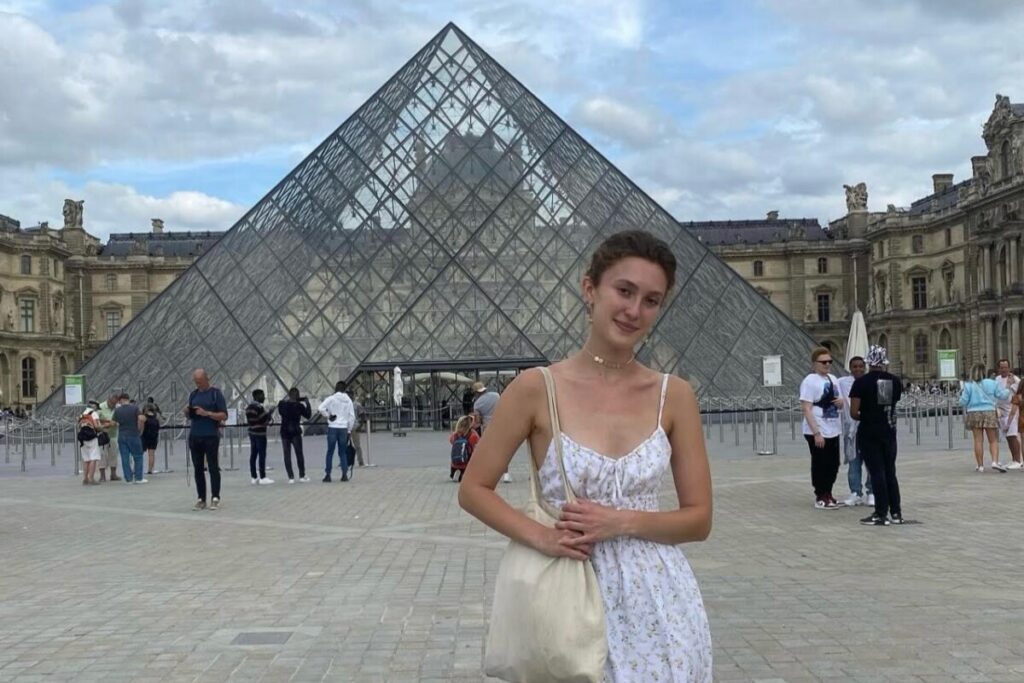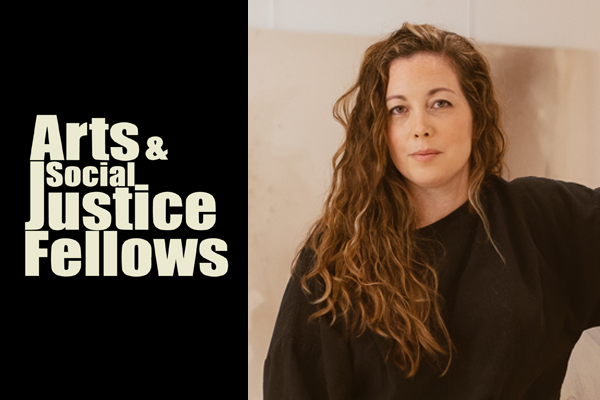
Emory History PhD student Andrew Aldridge presented his research at the annual meeting of the Organization of American Historians this past spring. Aldridge was one of five students to present during the Graduate Student Lightning Research Round. His talk examined Blackness and criminality through the prism of cultural products like novels, comics, music, and television. Aldridge is beginning his third year in the program, and his research is advised by Drs. Carl Suddler and Daniel LaChance.

